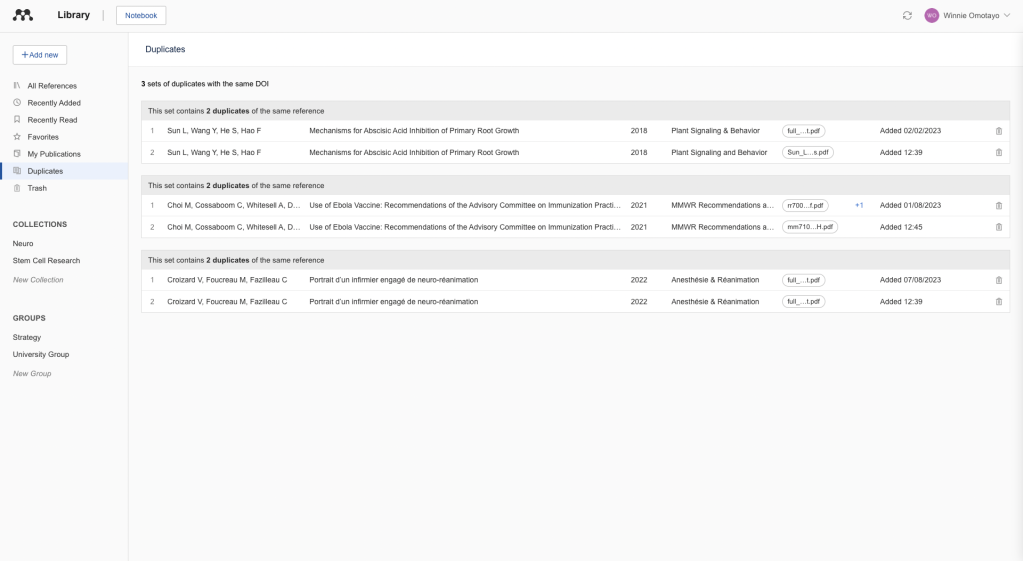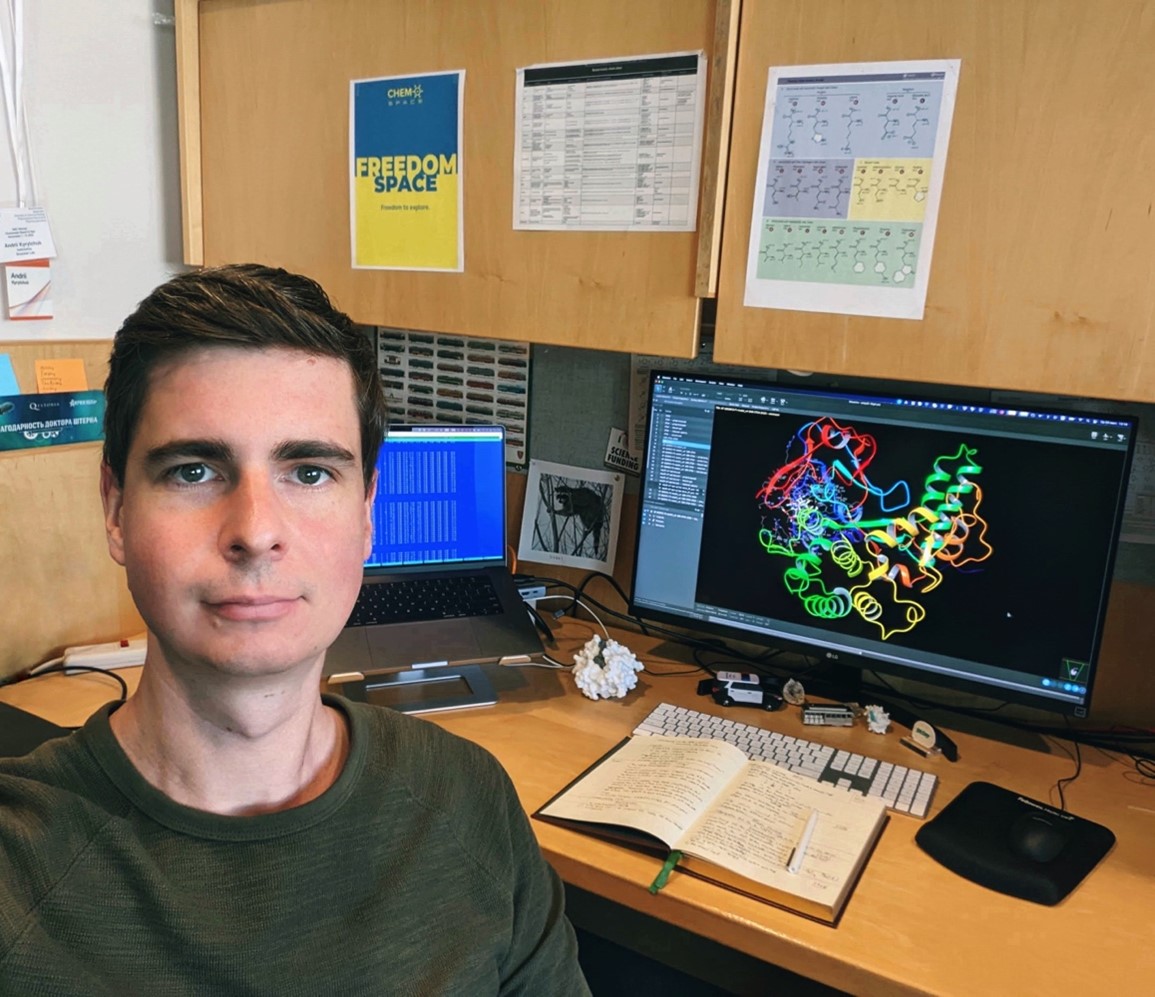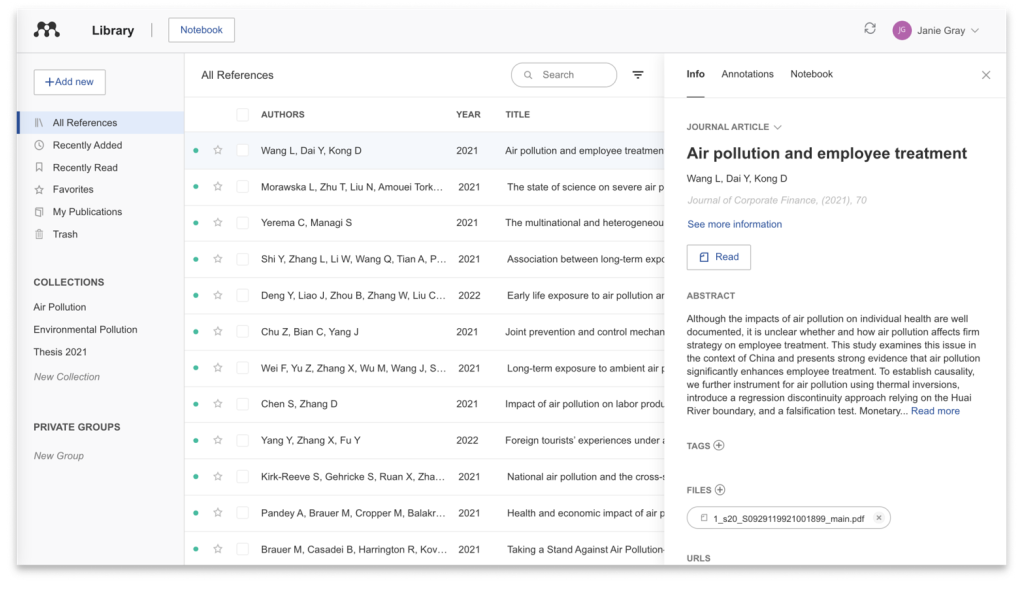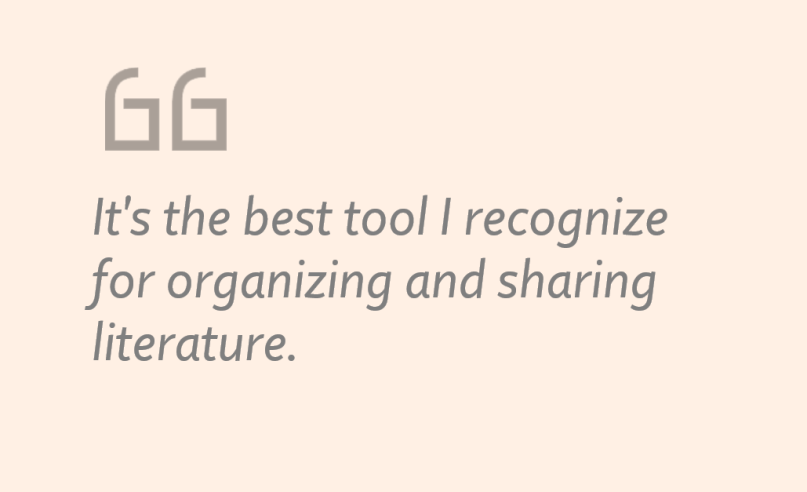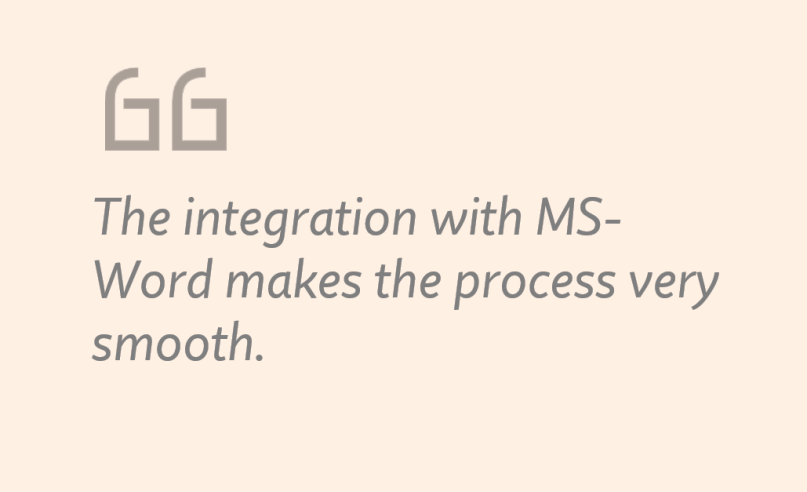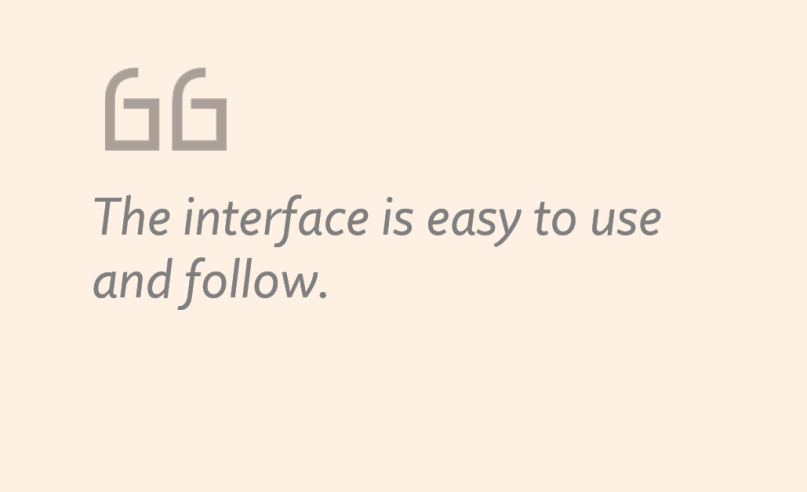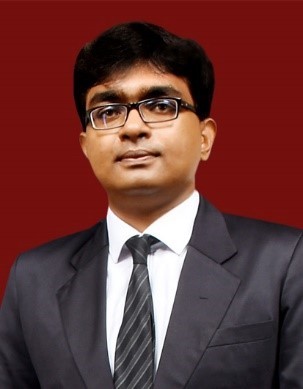Footnotes citation styles have been released in Mendeley Cite! Users are now able to insert footnote citations into their Word documents via Mendeley Cite.
Citations are important to research as they not only contribute towards the collaborative nature of academia, they ensure that academics can get the credit they deserve. However, it can be easy to get overwhelmed by all the references you have to cite, especially if you are authoring, or even co-authoring, a lengthy thesis. Which is why we make citing with Mendeley Cite so simple – we do the hard work for you!
Some citation styles have citations added at the bottom of the document page as a footnote, these styles include: Chicago Manual of Style 17th Edition (full note), Modern Language Association 6th Edition (note), OSCOLA (Oxford University Standard for Citation of Legal Authorities) etc.
Mendeley Cite users have always been able to insert in-text citations into their document, but we heard your requests, and we are happy to announce that footnote citations can now also be inserted using Mendeley Cite. And with seamless integration between Mendeley Cite and Mendeley Reference Manager, it’s never been easier to write your research.
How do I insert footnote citations into my document?
Users can insert footnote citations into their document in the same way they would in-text citations.
Firstly, open the application and select ‘Citation Settings’ and then select ‘Change citation style’.

Secondly, search for and select your chosen citation style, such as Chicago Manual of Style 17th Edition (full note).

Lastly, either select the references you would like to insert and insert your chosen citations by selecting ‘insert # citations’ in the pop-up at the bottom of the add-in…

…Or insert just one citation by selecting the ‘insert citation’ button right below your chosen reference.

In Word desktop, the footnote citation will appear at the bottom of the document page but in Word for the web, the footnote citation will appear upon selecting the footnote number.

And that’s it!
Footnotes are just one of the many features in Mendeley Cite that simplify your writing workflow. Get Mendeley Cite today to see how it makes citing simple.



